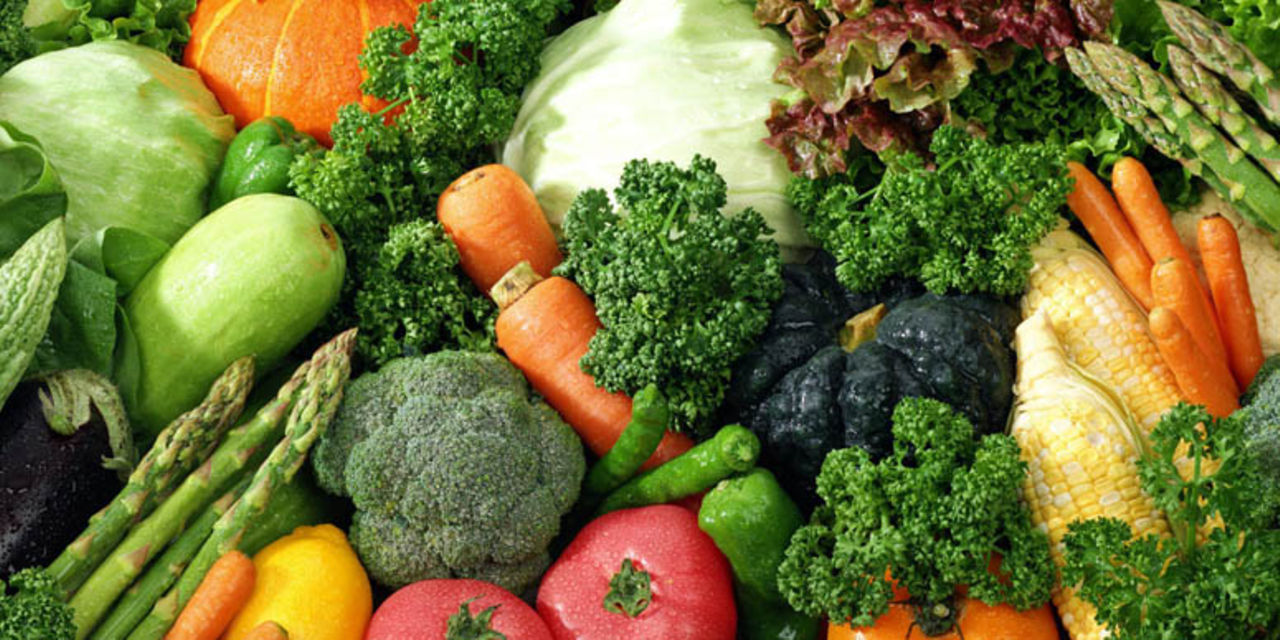
Our Projects are
Transforming African Trade
Quick Contacts
2nd Floor, Fidelity Insurance Centre Waiyaki Way, Westlands

Arusha. The UK has unveiled a significant package to strengthen economic ties with Tanzania, focusing on the growth of the nation’s horticulture sector.
Announced on Tuesday in Arusha, the initiative promises to offer duty-free access to UK markets for Tanzanian horticultural exports, underscoring the UK’s commitment to cultivating mutually beneficial trade relations with the resource-rich nation.
The announcement came during a high-profile business-to-business (B2B) event that attracted 17 horticultural exporting companies, organised by the Tanzania Horticultural Association (Taha) in partnership with the UK High Commissioner, Mr David Concar.
In his opening speech, the UK’s Prime Minister’s Trade Envoy, Mr Lord Wanley, affirmed the UK’s dedication to fostering robust trade links with Tanzania.
“Our nation is steadfast in its commitment to establishing fair and free trade channels with Tanzania, alongside 64 other countries within our Developing Countries Trading Scheme (DCTS),” Lord Wanley conveyed to the 17 horticultural exporting companies in attendance at the Taha headquarters.
The DCTS, a hallmark of the UK’s global trade strategy, grants eligible countries duty-free market access for their exports.
Highlighting the UK’s recent move to eliminate tariffs on flowers from East Africa, Lord Wanley emphasised Tanzania’s strategic advantage in capitalising on this liberalised trade framework.
The United Kingdom Government temporarily eliminated the global tariff on cut flowers in April 2024, reducing it from 8 percent to zero percent from April 11, 2024, to June 30, 2026.
This commendable policy shift is anticipated to have transformative impacts on the flower industry in Tanzania, a major employer of women and youth.
“Tanzania is poised to capture a significant share of the flower market in the UK, where Tanzanian flowers are highly favoured by consumers,” he noted.
Indeed, the UK’s tariff exemption on flower imports from Tanzania is a testament to its commitment to bolstering trade within the East African region.
This step is expected to significantly enhance Tanzania’s competitive edge in the lucrative UK flower market, which is continually seeking high-quality floral products.
Expounding on the DCTS, Ms Sabiha Ahmed, Policy Advisor for Trade and Development, described the scheme as one of the world’s most generous trade preferences. “The DCTS encompasses 65 countries, offering up to 99 percent duty-free access for their export products to the UK market,” she explained.
The scheme benefits 3.3 billion people globally, facilitating an annual export value of approximately £23 billion.
By providing nearly a complete waiver on duties for an extensive range of products, including horticultural goods, the DCTS opens up enormous opportunities for Tanzanian exporters.
The initiative aims not only to enhance Tanzania’s trade volume but also to empower local businesses by providing them with a more competitive standing in international markets.
As the UK continues to forge closer ties with Tanzania through these strategic measures, the future of Tanzanian horticulture looks promising. The UK Ambassador to Tanzania, Mr David Concar.
Enhanced market access, coupled with the UK’s unwavering support, sets a fertile ground for growth, paving the way for sustainable advancement in Tanzania’s horticultural sub-sector.
Mr Concar has commended the Taha for its significant role in transforming the horticultural industry in Tanzania.
During the event, Mr Concar highlighted Taha’s tireless efforts, which have been instrumental in shaping a promising future for the horticultural industry in the country.
He acknowledged that Taha’s initiatives have laid a strong foundation for growth and development, positioning the industry for continued success and sustainability.
Ms Jacqueline Mkindi, the CEO of Taha, echoed Mr Concar’s sentiments and elaborated on the United Kingdom’s longstanding support for revolutionising Tanzania’s horticulture industry. She pointed out that this partnership began with the establishment of the trade facilitation agency known as BEST Dialogue.
This agency has been pivotal in empowering Taha’s advocacy efforts, enabling the organisation to champion policies and practices that favour the horticultural sub-sector’s growth.
BEST Dialogue provided Taha with the necessary tools and resources to influence policy changes that modernise and enhance the industry’s productivity and profitability.
Moreover, Ms Mkindi highlighted another critical aspect of the UK’s support through TradeMark Africa.
This organisation has been instrumental in aiding Taha’s efforts to improve market access for Tanzanian horticultural products.
By opening up new markets and facilitating easier trade routes, TradeMark Africa has helped Tanzanian farmers and horticultural businesses expand their reach and increase their presence in international markets. This support has been integral to ensuring that Tanzanian horticulture remains competitive on a global scale.From an economic perspective, the results of these collaborative efforts have been impressive.
Taha’s Chief Development manager, Mr Anthony Chamanga, disclosed that the value of Tanzania’s horticultural exports had seen significant growth, reaching $87 million over the past five years.
This growth is a testament to the effectiveness of Taha’s strategies and the comprehensive support from UK partners.
Mr Chamanga noted that this increase in export value not only reflects the rising quality and demand for Tanzanian horticultural products but also signals a robust future for the industry.
Read original article
Disclaimer: The views and opinions expressed in this article are those of the authors and do not necessarily reflect the official policy or position of TradeMark Africa.